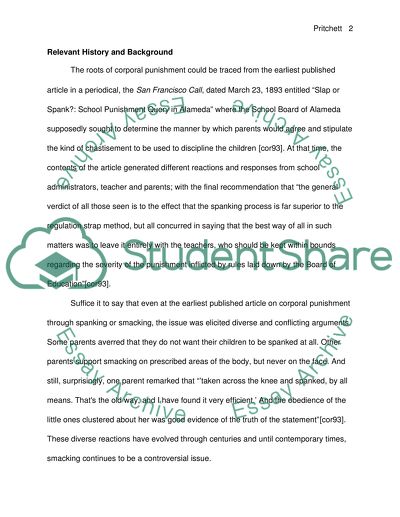Cite this document
(“Is Childhood Discipline Effective Research Paper”, n.d.)
Is Childhood Discipline Effective Research Paper. Retrieved from https://studentshare.org/english/1438398-is-childhood-discipline-effective
Is Childhood Discipline Effective Research Paper. Retrieved from https://studentshare.org/english/1438398-is-childhood-discipline-effective
(Is Childhood Discipline Effective Research Paper)
Is Childhood Discipline Effective Research Paper. https://studentshare.org/english/1438398-is-childhood-discipline-effective.
Is Childhood Discipline Effective Research Paper. https://studentshare.org/english/1438398-is-childhood-discipline-effective.
“Is Childhood Discipline Effective Research Paper”, n.d. https://studentshare.org/english/1438398-is-childhood-discipline-effective.


